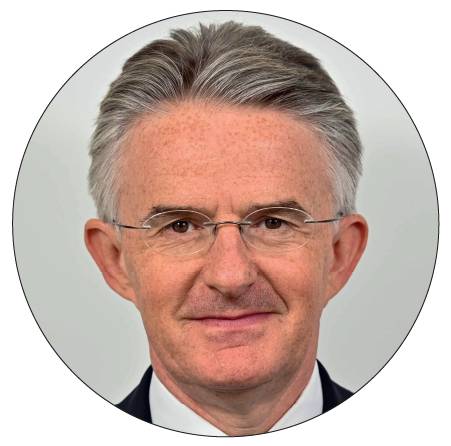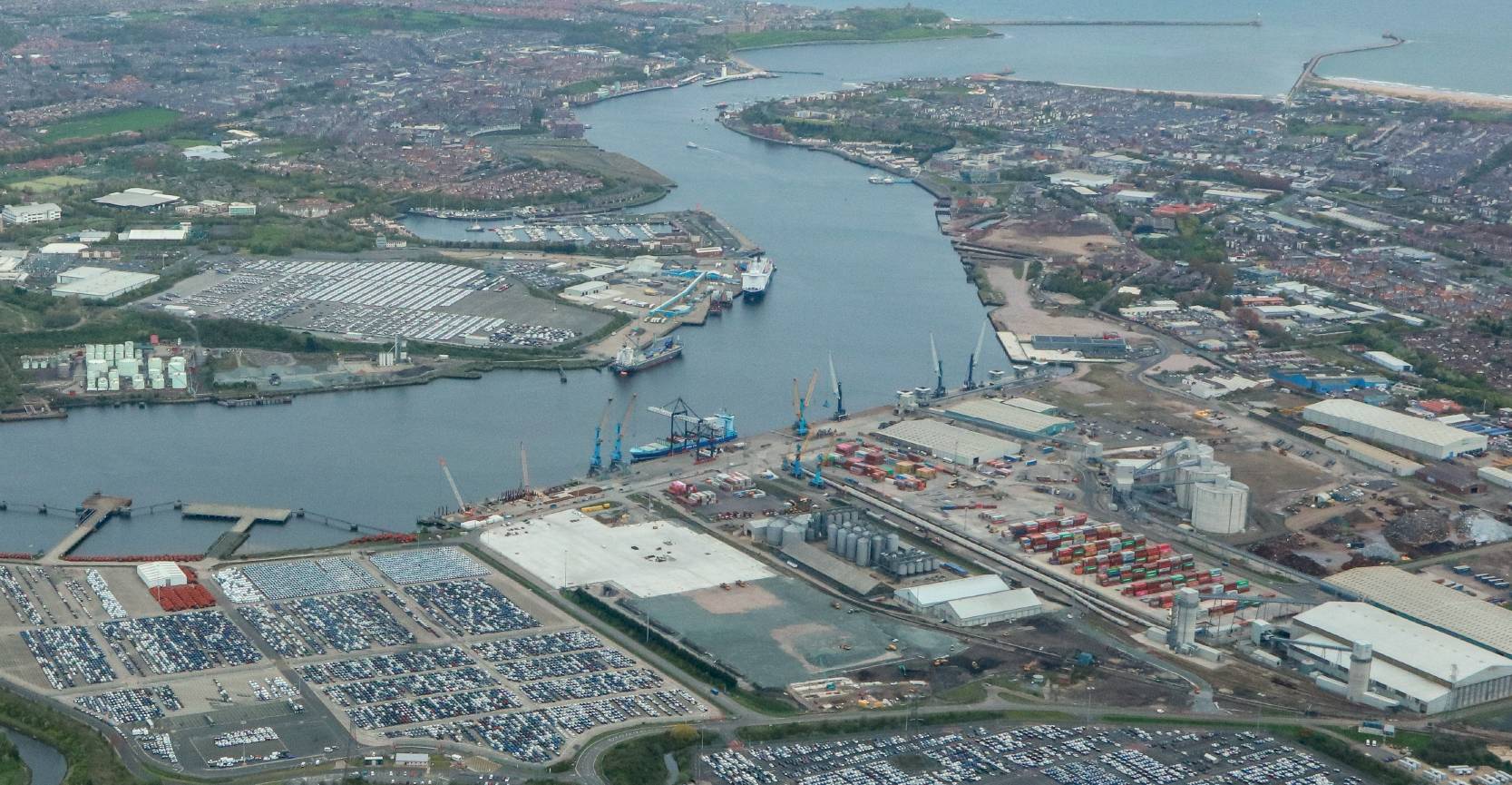The Interview | John Flint, UK Infrastructure Bank
Providing the financial footing for delivering net zero
By Claire Smith
The UK Infrastructure Bank (UKIB) has recently celebrated its second anniversary and is just starting to hit its stride in terms of building the team needed to provide the funding that will deliver its aims.
The remit the bank was given at its launch in June 2021 was clear. It is to partner with the private sector and local government to increase infrastructure investment which will help to tackle climate change and promote economic growth across the UK.
 To date the bank has made 17 deals, lending £2bn of public money, leveraging £7bn of private capital along the way. It expects to lend £22bn over its first five to eight years.
To date the bank has made 17 deals, lending £2bn of public money, leveraging £7bn of private capital along the way. It expects to lend £22bn over its first five to eight years.
UKIB chief executive John Flint says the number of deals made will soon start to ramp up but those signed so far “give a flavour” of what the bank will do in the longer term.
“We started at the simpler end and we’re now building up to agreeing more complex deals,” he says. But the first task, after launch, was to hire people to run the bank.
“Chris Grigg, who previously worked for Goldman Sachs, Barclays and British Land, was appointed as chair in June 2021 and he then brought me into the organisation as chief executive,” says Flint. Flint joined the UKIB in September 2021 after 30 years with HSBC, which he joined as a graduate trainee before working his way up to the role of chief executive. UKIB is a very different type of organisation to HSBC, but Flint clearly relishes the challenge of his current role and the opportunity to build something from scratch.
“There are lots of great infrastructure banks and funds but they are not publicly owned and they don’t just exist to solve problems“There is nothing else quite like us,” he explains. “There are lots of great infrastructure banks and funds but they are not publicly owned and they don’t exist just to solve problems.”
While the UK’s exit from the European Union meant that projects could no longer access funding from the European Investment Bank (EIB), the need for UKIB was much greater than overcoming the loss of the EIB funding route. That need was due to the scale of the net zero challenge, according to Flint.
“When you look at the net zero strategy in the UK and the scale of change required, then consider the scale of financing needed to fund that change, there was a very real nervousness about the market’s ability to finance that on its own,” he explains.
Appointing a leadership team and establishing the bank in its Leeds headquarters filled Flint’s time initially, which was a challenge.
“Setting up an organisation of this type, in the context of the public sector, and in Yorkshire was an unknown as the market for these types of professionals is in London,” says Flint.
Nonetheless, others were attracted to the UKIB to resolve the same challenges that brought Flint into his role and he is proud of the calibre of the recruits. Today the UKIB has just over 200 staff and Flint expects that to rise to 250 to 280 people by spring next year.
